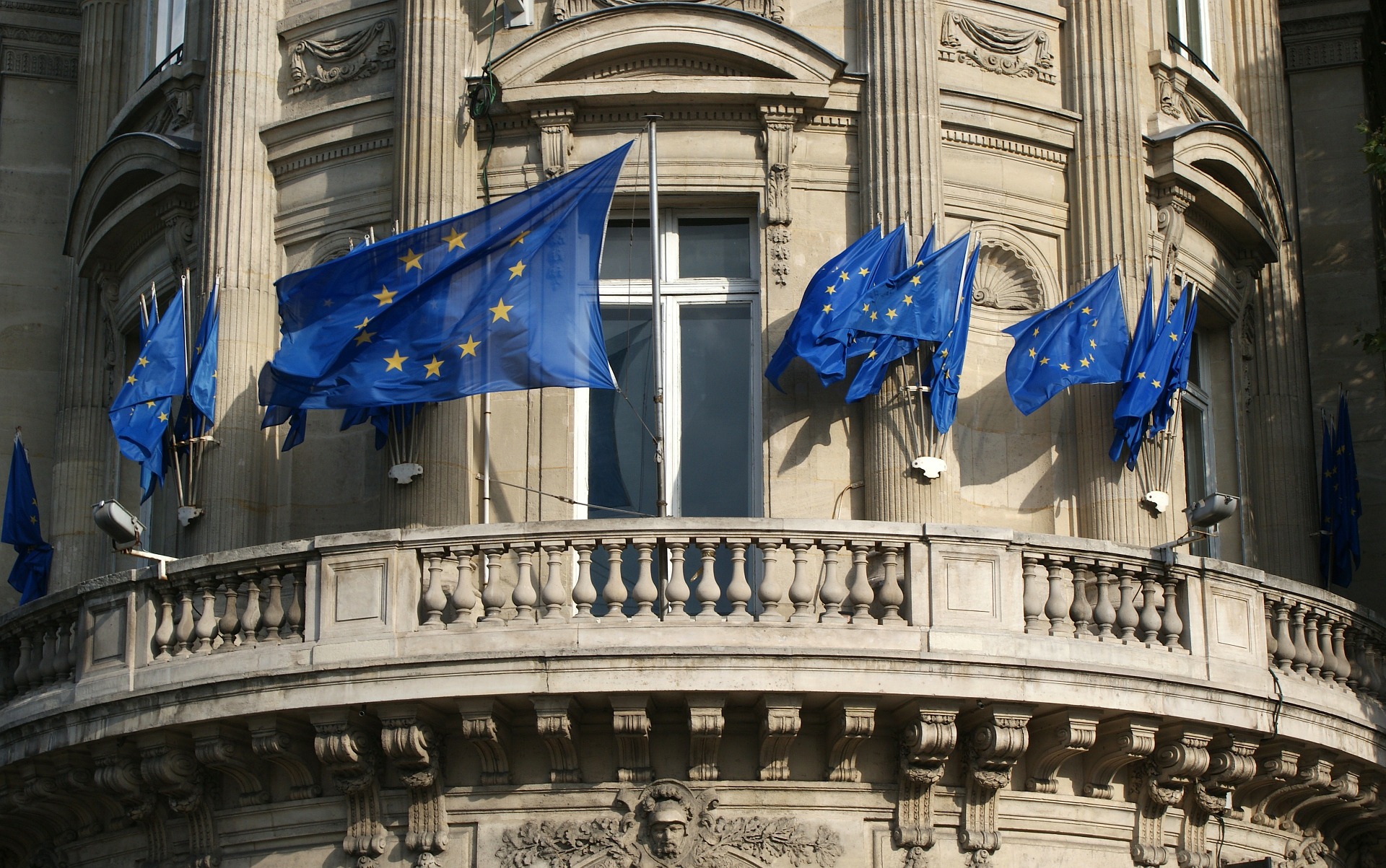After the Bangkok talks concluded on Sunday, Sept. 9, UNFCCC executive secretary Patricia Espinosa told reporters “uneven progress” had been made and it is now “critical to achieving balance” across all the different aspects of the rulebook. “This is important because all parts of the regime need to function together in an interconnected manner,” Espinosa stressed.
The main goal of the extraordinary session was to agree on a preliminary draft of the set of rules and guidelines needed to make the 2015 global climate agreement operational, better known as the “Paris rulebook”.
According to UNFCCC official statement, countries have been grappling with how to reflect the contributions and responsibilities of developed and developing countries given their different national circumstances, how to transparently and regularly communicating climate actions, as well as how to achieve full clarity on climate finance now and in the long-term.
Time is running short for finding an agreement on the most contentious issues and also completing the technical work before COP24 in Katowice, Poland. In the attempt to provide more time for crucial negotiations in Katowice and “to make the best use of the time available”, the UNFCCC decided to anticipate the opening of the COP24 conference on December 2, instead of December 4.
In the next three months, several political gatherings are going to keep the attention high on the Paris agenda, such as the Global Climate Action Summit convened by California governor Jerry Brown in San Francisco, the G7 environment ministerial meeting in Canada and pre-COP meetings in Poland.
Speaking at the United Nations headquarters in New York the day after Bangkok session’s closing, UN Secretary General Antonio Guterres expressed concern about the slow progress, highlighted the benefits of implementing climate action as soon as possible and called for global leaders to meet at a special summit in New York in September next year.
“Negotiations towards implementation guidelines for operationalizing the Paris Agreement ended yesterday in Bangkok with some progress — but far from enough”, Guterres said. “The next key moment is in Poland in December. I call on leaders to use every opportunity between now and then — the G7, the G20 gatherings as well as meetings of the General Assembly, World Bank and International Monetary Fund (IMF) — to resolve the sticking points”. “We cannot allow Katowice to remind us of Copenhagen”, Guterres stressed referring to the failed climate summit in 2009.
On Saturday, Sept. 8, thousands of people joined the global Rise for Climate initiative and took the streets in the US, in several European cities, such as in Paris, and across the world, demanding action against climate change.
Read more:
Read the UNFCCC press release
Explore the Bangkok session outcomes and documents on UNFCCC dedicated section
Watch the closing press conference with UNFCCC executive secretary Patricia Espinosa
Visit the website of UN Climate Summit 2019 convened by UN Secretary-General Antonio Guterres.






